El Salvador Olive Manor how about Kenya SL28 _ El Salvador Olive Manor Coffee beans
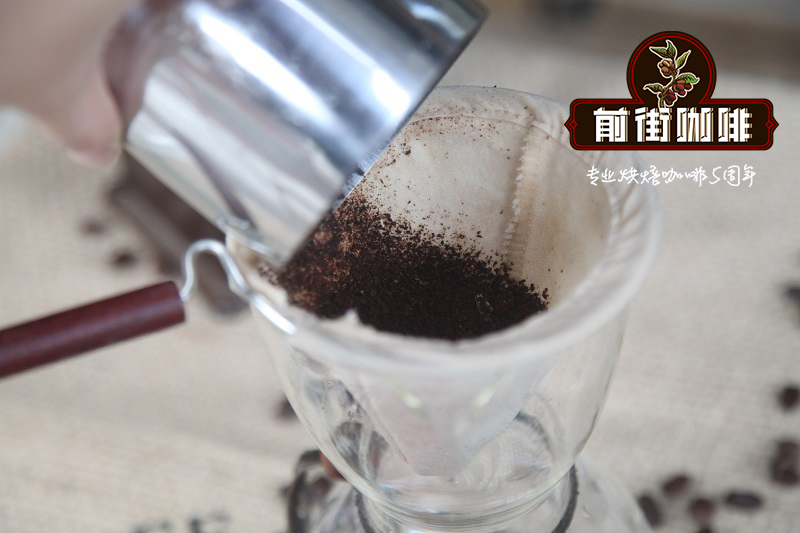
Professional coffee knowledge exchange more coffee bean information please follow the coffee workshop (Wechat official account cafe_style)
[El Salvador]
/ Geographic location
There are many volcanoes in El Salvador, known as the "country of volcanoes". The fertile volcanic soil provides an excellent source of nutrients for coffee beans. Coffee trees are planted at an altitude of 1000, Murray, 1200 meters, and the temperature is cool and suitable. It is also an excellent geographical environment for the cultivation of Arabica coffee.
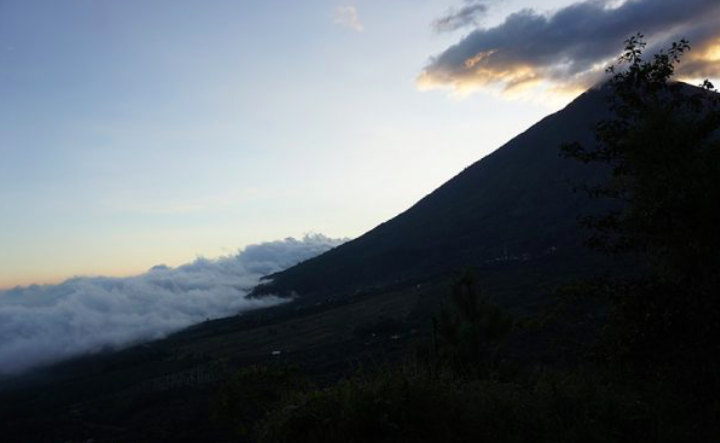
El Salvador, located in the center of Central America, is one of the oldest coffee birthplaces in the world, rich in Bourbon, Pacas and Pacamara coffee varieties. Coffee estates are located in the hills and volcanic slopes with the most fertile soil, mainly concentrated in six producing areas of Alotepec, Apaneca, El B á lsamo, Chichontepec, Tepaca and Cacahuatique, covering an area of 161000 hectares. Due to the special volcanic topography and soil, Salvadoran coffee has a unique flavor, mellow taste, moderate sweet and sour, rich aroma, and charming tonality.
/ Olive Tree Manor
The Olive Manor began to grow coffee in 1930, around El Salvador's famous LOS VOLCANES National Park. There are rare volcanic flowers around the farm, and there are wild reindeer, raccoon, mountain pig and other wild animals in the national park, making it a very interesting wild ecological chain. The Olive Manor has been a fully organic farm since 2016, with Rainforest Alliance certification, where coffee production is managed in traditional processes, washed with clean water and dried in a clay courtyard.
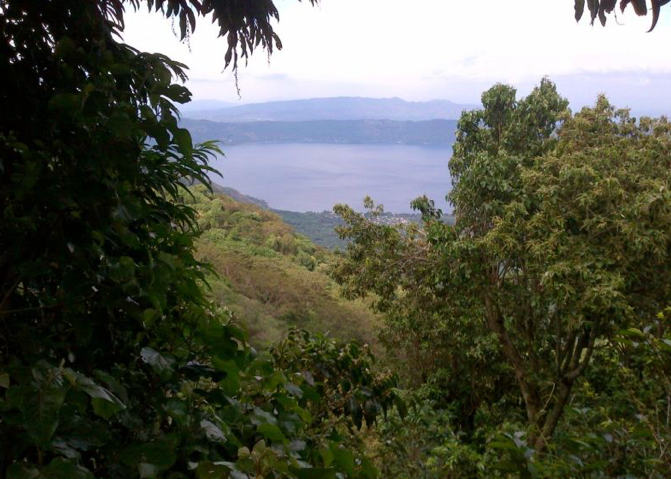
The olive manor has been planted in El Salvador for a century. Local Ingas, pomelo and olive trees are used as shade trees, and more than 75 tree species are used for cross shading to form a natural forest interlaced with coffee trees. Nourished by this volcanic soil, this beautiful coffee garden Because the manor is located on the volcano, it is a very fertile volcanic topography. In 2006, when the Ilamapepec volcano erupted, the volcanic ash directly covered the manor. Although the coffee farm was damaged at that time, it became more fertile because of the fertile volcanic soil cover a few years later.
/ variety
Kenya SL-28 is the two most popular varieties produced by the Scott laboratory in Kenya in the 1930s. The Scott Laboratory no longer exists, but it is now the National Agricultural Laboratory and part of the Kenyan Agricultural and Animal Husbandry Research Organization. Both varieties are bourbon-derived varieties, although from different pedigrees: SL-28 was developed from a drought-resistant variety originally planted in Tanganyika, which is part of modern Tanzania; it is generally considered to be of the highest quality but less productive than other commercial Arabica varieties.
Kenya SL28 variety is one of the most famous and popular varieties in Africa, in recent years it is famous for its amazing blackcurrant and bright sour fruit, and it is the representative variety with the highest attention after rose summer. In fact, SL28 was not born in Kenya-just like Rose Summer originated in Ethiopia, but it made Panama as a superstar. SL28 also has this ability to shine to the major coffee countries in Kenya, where it is about to be planted.
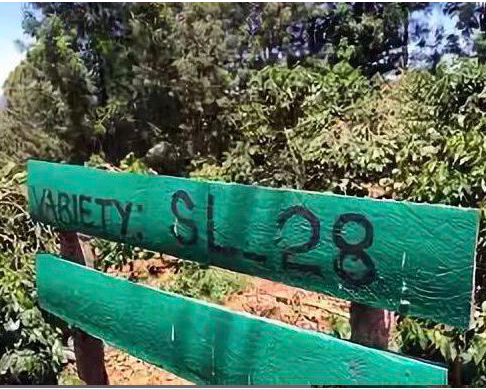
Kenya SL28, a bourbon line screened and cultivated by French and British missionaries and researchers in Kenya at the beginning of the 20th century, has a mixed pedigree of French missionaries, Mocha and Yemeni iron pickup. High sweetness, exquisite balance, prominent citrus and black plum flavors, strong acidity, rich taste and beautiful balance are the unique flavor characteristics of Kenyan SL28 coffee.
SL28 Kenya variety, planted in a coffee garden without easy access to seeds between friends, grows in El Salvador with warm tropical fruit peaches, sweet peaches, white peaches, passion fruits, sweet tangerines, mixed with almond tea, injected with fruit tea and soft sweetness in the aftertaste. It is a very gentle but unrestrained coffee.
/ treatment method
Screening coffee cherries-removing pulp-fermentation-washing-drying-shelling
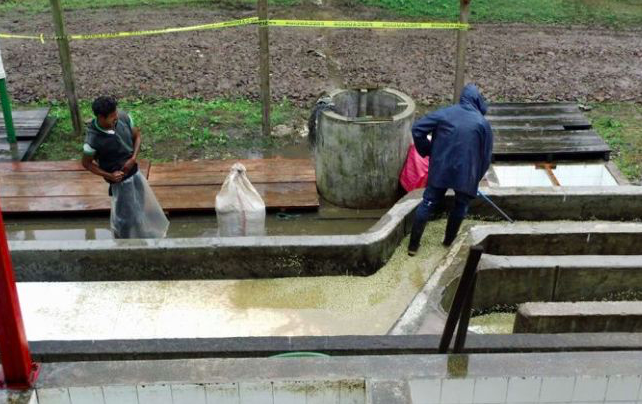
Put the selected coffee cherry into the peeling machine and initially remove its skin and pulp; put the coffee beans with residual pectin into water and let them ferment for about 24 hours; after fermentation, wash the coffee beans with parchment in a flow tank to remove their pulp and pectin; dry the coffee beans after cleaning or dry them with the help of a dryer to reduce the moisture content to about 12%. Finally, remove the parchment of raw coffee beans.
Finca Montes El Corozo
El Salvador Olive Manor
Manor: olive Tree Manor
Altitude: 1800-1950m
Variety: Kenya SL28
Treatment: washing
Grade: SHB
Flavor: lemon, nuts, berries, citrus, cream
/ flushing and cooking
Qianjie coffee is suggested to be brewed.
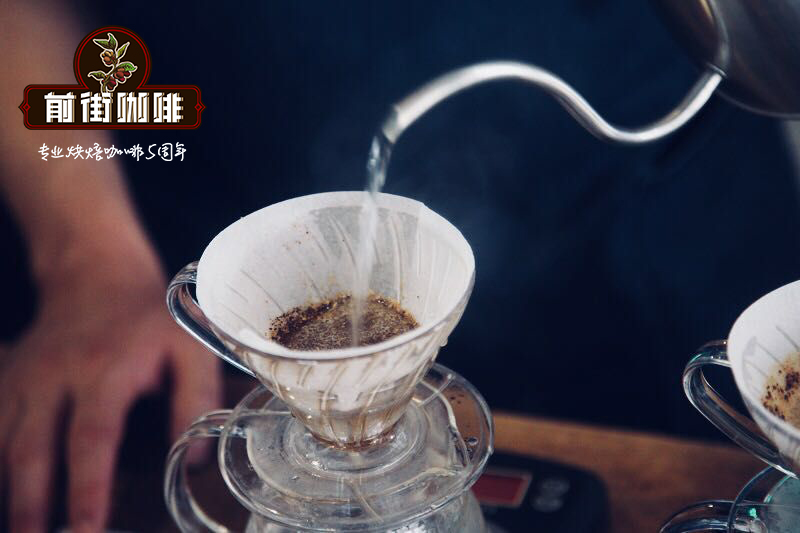
Suggested cooking method: hand flushing
Filter cup: V60
Water temperature: 88-90 ℃
Powder / water ratio: 1:15
Degree of grinding: BG 5R (Chinese standard No. 20 screen pass rate 58%), that is, medium fine grinding
Flushing and cooking technique: segmented extraction. Steam with 33 grams of water for 30 seconds, small water flow around the circle to 125 grams for sectional injection, water level drop is about to expose the powder bed, continue to inject water to 228 grams to stop water injection, such as water level drop is about to expose the powder bed to remove the filter cup, (steaming starts timing) extraction time is 1 million 39 percent 56 ".
END
Important Notice :
前街咖啡 FrontStreet Coffee has moved to new addredd:
FrontStreet Coffee Address: 315,Donghua East Road,GuangZhou
Tel:020 38364473
- Prev
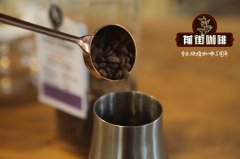
El Salvador Los Pirineos Manor Coffee Bean Story _ El Salvador Pacamara water washed and drunk
Professional coffee knowledge exchange more coffee bean information please follow the coffee workshop (Wechat official account cafe_style) El LOS PIRINEOS LASPALMAS PACAMARA TIM El Pacamara washing El LosPirineos washing Pacamara, as a Tim cooperative manor, the quality is natural, balanced fruit flavor, structural sense of excellent coffee
- Next
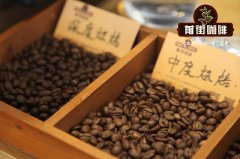
El Salvador pink tangerine bourbon coffee bean variety source _ what is the taste of special honey treatment?
Professional coffee knowledge exchange more coffee bean information please follow the coffee workshop (Wechat official account cafe_style) Salvadoran coffee-pink orange bourbon coffee bean El Salvador Honey Orange Bourbon planting area: Alguila Manor altitude: 1500-1750m varieties: Orange Bourbon treatment: natural sun treatment baking degree: light baking
Related
- Detailed explanation of Jadeite planting Land in Panamanian Jadeite Manor introduction to the grading system of Jadeite competitive bidding, Red bid, Green bid and Rose Summer
- Story of Coffee planting in Brenka region of Costa Rica Stonehenge Manor anaerobic heavy honey treatment of flavor mouth
- What's on the barrel of Blue Mountain Coffee beans?
- Can American coffee also pull flowers? How to use hot American style to pull out a good-looking pattern?
- Can you make a cold extract with coffee beans? What is the right proportion for cold-extracted coffee formula?
- Indonesian PWN Gold Mandrine Coffee Origin Features Flavor How to Chong? Mandolin coffee is American.
- A brief introduction to the flavor characteristics of Brazilian yellow bourbon coffee beans
- What is the effect of different water quality on the flavor of cold-extracted coffee? What kind of water is best for brewing coffee?
- Why do you think of Rose Summer whenever you mention Panamanian coffee?
- Introduction to the characteristics of authentic blue mountain coffee bean producing areas? What is the CIB Coffee Authority in Jamaica?

